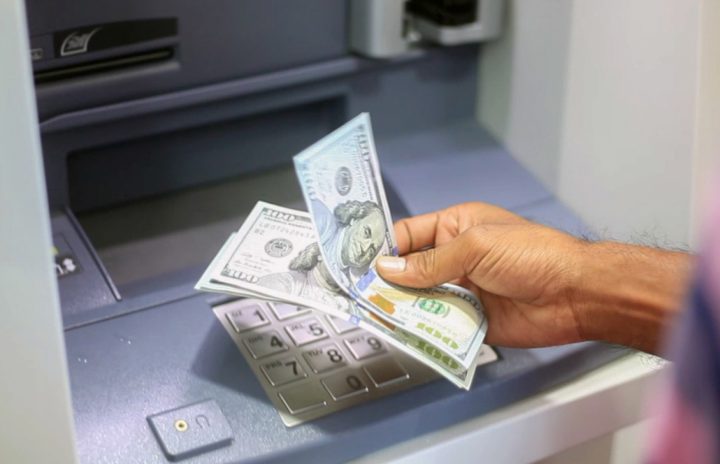
President’s plan: tackle dollar shortage by holding back 30% of inflows
President Ibrahim Mohamed Solih, the Maldivian Democratic Party’s presidential candidate, addressed a rally in Addu City ahead of the upcoming second round of the presidential election. During his speech, President Solih discussed his vision for reducing the dollar exchange rate to MVR 15 per dollar by ensuring that 30% of incoming dollars remain in the country.
President Solih emphasised the government’s commitment to addressing the issue of dollar stagnation and outlined a multifaceted approach to tackle it. His strategy includes a shift towards de-dollarisation for domestic and business transactions, promoting the use of the Maldivian Rufiyaa. This shift is intended to encourage businesses earning in dollars to engage in dollar marketing activities while allowing the public to accumulate dollar reserves in local banks.
Additionally, President Solih’s plan involves requiring businesses to retain 30% of their dollar earnings in a Maldivian bank for a specified period. Discussions with businesses are already underway, with progress being made towards reaching a consensus on this initiative.
President Solih pledged to implement one of these policies within the first year of his second term if re-elected. He believes that these measures will effectively address dollar stagnation and lead to a reduced dollar exchange rate, benefitting the country’s economic prospects. He forecasts substantial economic growth, with revenue expected to increase from MVR 82 billion to MVR 170 billion over the next five years, generating over USD 6 billion in revenue. These initiatives are anticipated to contribute significantly to the nation’s financial stability.
It is important to keep majority of incoming dollars within the country and bolster foreign currency reserves. This is crucial for a nation heavily reliant on tourism and imports. A healthy reserve can help cushion the economy against external shocks and ensure stability.
Economic analysts criticize that the current economic policies are not streamlined to solve the economic issues. The analysts’ criticism of existing foreign currency policies highlights several issues that need attention:
- Monetary Printing: Printing money to address fiscal deficits in the short term can lead to inflation, erode the value of the local currency, and destabilize the economy. It’s a short-sighted approach that should be reconsidered.
- Wasteful Government Spending: Wasteful government spending for political gains and large projects without economic returns can strain the country’s finances. It’s important for the government to prioritize investments that yield long-term economic benefits.
- Debt to Local Banks: Selling treasury bills and bonds to local banks affects the currency situation by absorbing local currency liquidity. This can limit the ability of banks to provide loans for private investments, which can hinder economic growth.
- Lack of Long-Term Economic Policies: The absence of coherent, long-term economic policies can create uncertainty for investors and businesses. Frequent policy changes driven by political factors can disrupt economic stability and hinder development.
To achieve the vision of a stable exchange rate and economic growth, collaboration between the government, financial institutions, and economic experts is essential. Additionally, the Maldives should consider diversifying its economy beyond tourism to reduce its vulnerability to external shocks.
Addressing the issues raised by financial analysts, such as fiscal responsibility, wise government spending, and long-term economic planning, will be critical. Political stability and collaboration with economic experts will play a crucial role in shaping the country’s economic future.






